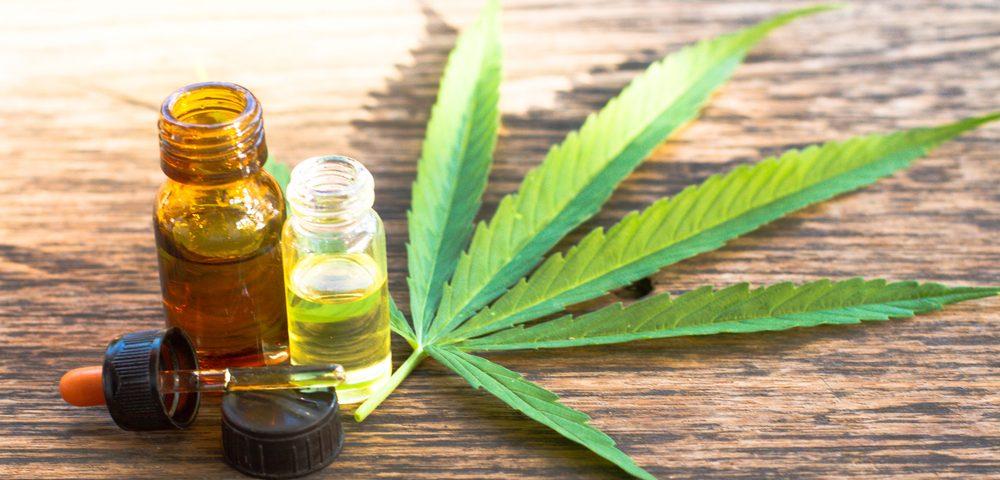In a double-blind randomized controlled, acute cannabidiol administration reduced alcohol craving and cue-induced nucleus accumbens activation in individuals with alcohol use disorder.

Published in the peer reviewed journal Molecular Psychiatry, researchers from the University of Heidelberg in Germany and Karolinska Institutet in Sweden have unveiled compelling evidence supporting cannabidiol (CBD) as a treatment for alcohol use disorder (AUD). The study, known as the ICONIC trial, evaluated the effects of a single 800 mg dose of CBD compared to a placebo in 28 individuals diagnosed with AUD.
The randomized, double-blind trial examined outcomes including alcohol craving, cue-induced brain activation in the nucleus accumbens (NAc), and stress-induced alcohol cue responses. Findings revealed that participants who received CBD experienced significantly reduced bilateral NAc activation and reported lower alcohol craving during both stress-related and fMRI cue-reactivity tasks.
CBD plasma levels were markedly elevated in the treatment group, correlating negatively with alcohol craving. The study also noted reductions in NAc activation, a region implicated in AUD pathophysiology, further substantiating CBD’s potential therapeutic effects.
The study’s full abstract can be found below. The study’s full text can be found here.
Although alcohol use disorder (AUD) is highly prevalent, only a few medications are approved for its treatment leaving much room for improvement. Cannabidiol (CBD) might be a particularly promising candidate, with preclinical data suggesting that CBD is effective in targeting AUD symptoms and disease processes that drive alcohol use and relapse, due to its anti-craving, stress-reducing, and anti-compulsive effects. Here we report data from the double-blind randomized controlled ICONIC trial that compared the effects of a single dose of 800 mg cannabidiol against placebo (PLC) in N = 28 individuals with AUD. Cue-induced nucleus accumbens (NAc) activation, alcohol craving during a combined stress- and alcohol cue exposure session, as well as craving during an fMRI alcohol cue-reactivity task and CBD plasma levels served as outcomes. Individuals receiving CBD showed lower bilateral cue-induced NAc activation (tleft_NAc(23) = 4.906, p < 0.001, d = 1.15; tright_NAc (23) = 4.873, p < 0.001, d = 1.13) and reported significantly lower alcohol craving after a combined stress- and alcohol cue exposure session (Fgroup(1,26) = 4.516, p = 0.043, eta2 = 0.15) and during the fMRI cue-reactivity task (Fgroup(1,24) = 6.665, p = 0.015, eta2 = 0.23). CBD levels were significantly higher in the CBD group (t(25) = 3.808, p < 0.001, d = 1.47) and showed a significant negative association with alcohol craving during the cue exposure experiment (r = -0.394, pFDR = 0.030) and during fMRI (r = -0.389, pFDR = 0.030), and with left and right NAc activation (rleft_NAc = -0.459, pFDR = 0.030; rright_NAc = -0.405, pFDR = 0.030). CBD’s capacity to reduce stress- and cue-induced alcohol craving and to normalize NAc activation – a region critical to the pathophysiology of AUD – contribute to understanding the neurobiological basis of its clinical effects and support its potential as a treatment option for AUD. Clinical Trials Registry: DRKS00029993.







